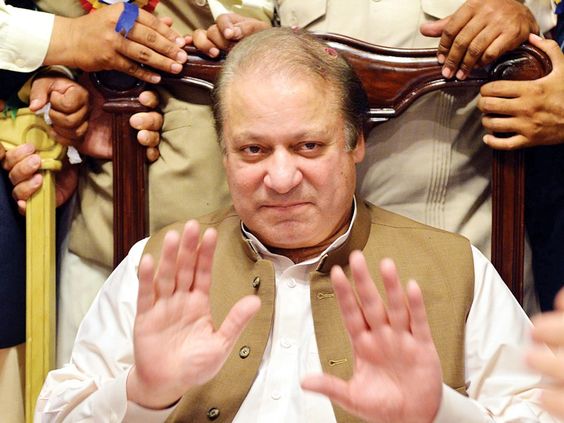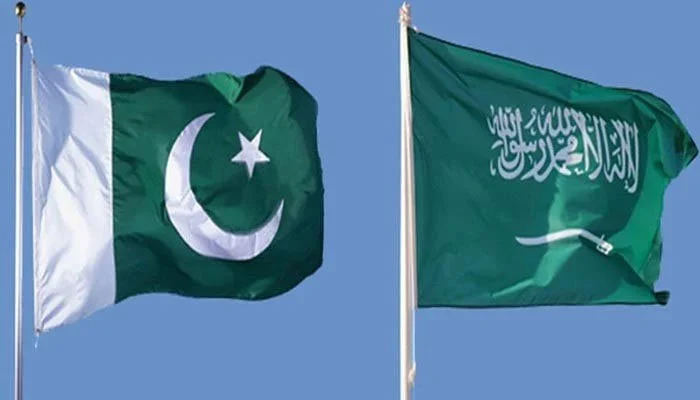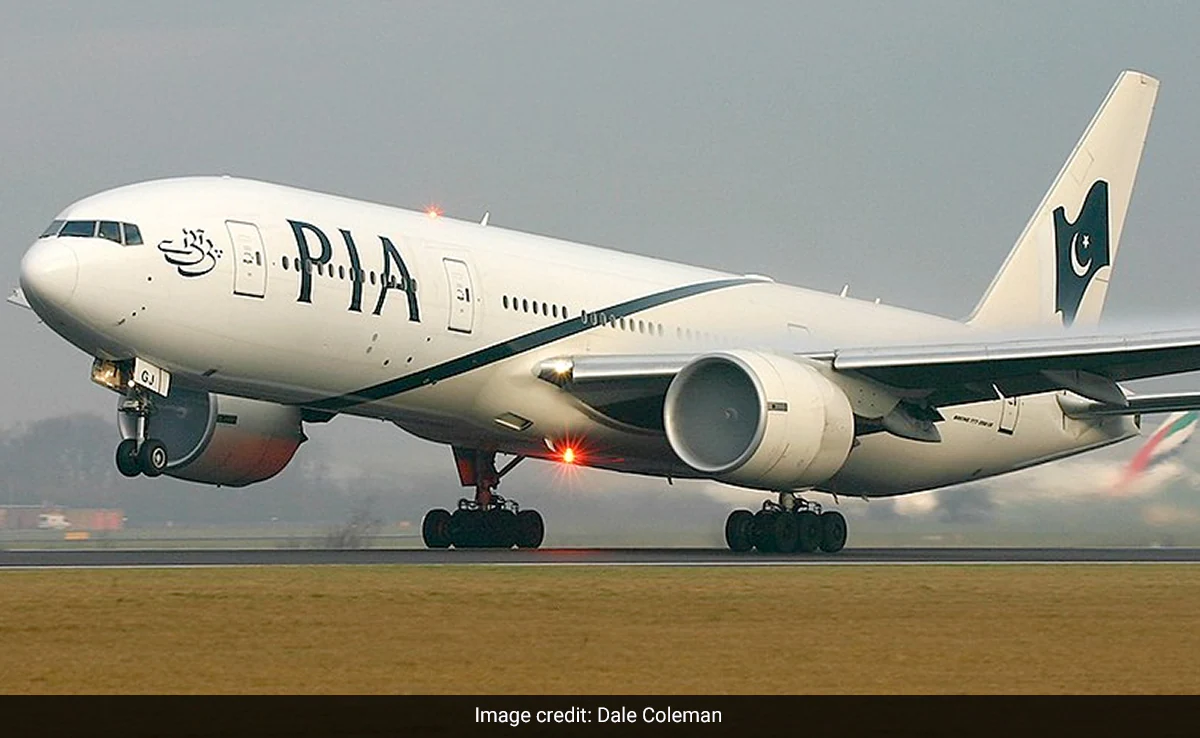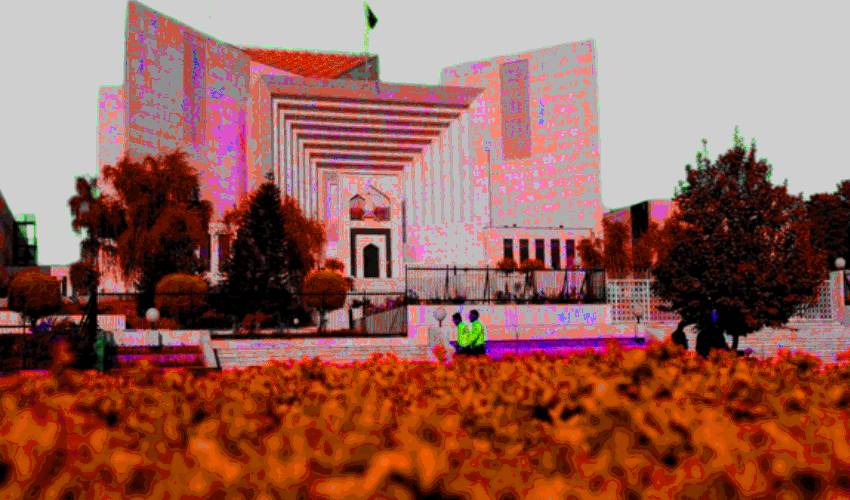
The legal and political landscape in Pakistan has been stirred by the recent developments involving former Prime Minister Nawaz Sharif, a prominent and polarizing figure in the country’s history. Nawaz Sharif, who is currently a proclaimed offender, has taken a significant step by submitting petitions to the Islamabad High Court (IHC) in an attempt to reinstate his appeals against convictions in the Avenfield and Al-Azizia references.
Nawaz Sharif’s legal battles have garnered substantial attention both within Pakistan and on the international stage. These references, stemming from the Panama Papers leak, revolve around allegations of corruption and financial wrongdoings against the former Prime Minister and his family. Nawaz Sharif was convicted in both cases and sentenced to prison. However, his absence from the courtroom in recent years has raised questions and controversies about his legal status and the circumstances surrounding his departure from the country.
One of the key arguments presented in the petitions submitted to the IHC is that Nawaz Sharif’s absence from court was not a deliberate act of defiance but rather the result of his deteriorating medical condition. This argument has been a subject of considerable debate and speculation, with some contending that his medical condition is genuine, while others have raised doubts about the veracity of his claims. Nawaz Sharif’s medical condition has indeed been a point of contention, with his supporters claiming that he required medical treatment abroad, while his critics have suggested that his medical issues were being used as a means to evade legal accountability.
In addition to the medical angle, Nawaz Sharif’s petitions argue that his return to Pakistan was prompted by the deteriorating economic conditions and the myriad challenges faced by the country. This aspect of the argument highlights the broader context in which these legal proceedings are unfolding. Pakistan has grappled with economic challenges and political instability in recent years, and these issues have added a layer of complexity to the debates surrounding Nawaz Sharif’s legal situation.
The IHC, in a notable move, had previously accepted Nawaz Sharif’s plea for protective bail until October 24, providing him with a temporary legal respite. This decision has been met with both support and criticism from various quarters, with some viewing it as a necessary step to ensure due process and others expressing concerns about potential political implications.
The legal battle and the debate surrounding Nawaz Sharif’s return and legal status are not isolated from Pakistan’s broader political landscape. The country’s political dynamics have been marked by a complex interplay of power and accountability, with opposition parties, including Nawaz Sharif’s PML-N, often alleging political victimization and selective accountability by the government.
As these legal proceedings continue to evolve, the world is watching closely, as they carry not only legal but also political and social implications. The outcomes of these petitions and the broader legal proceedings will have far-reaching consequences for Pakistan’s political landscape and its democratic processes. It remains to be seen how the Islamabad High Court will decide on Nawaz Sharif’s appeals and whether the arguments presented in his petitions will sway the course of justice in this high-stakes legal battle. Regardless of the outcome, these developments underscore the intricate relationship between law, politics, and public sentiment in the context of a country that has experienced significant political turbulence in recent years.
Thank you for entrusting us as your source of information. Together, we aim to shape a world where knowledge transcends borders and unites us all. Stay focused, stay informed, and let’s make our world a better place, one story at a time.



